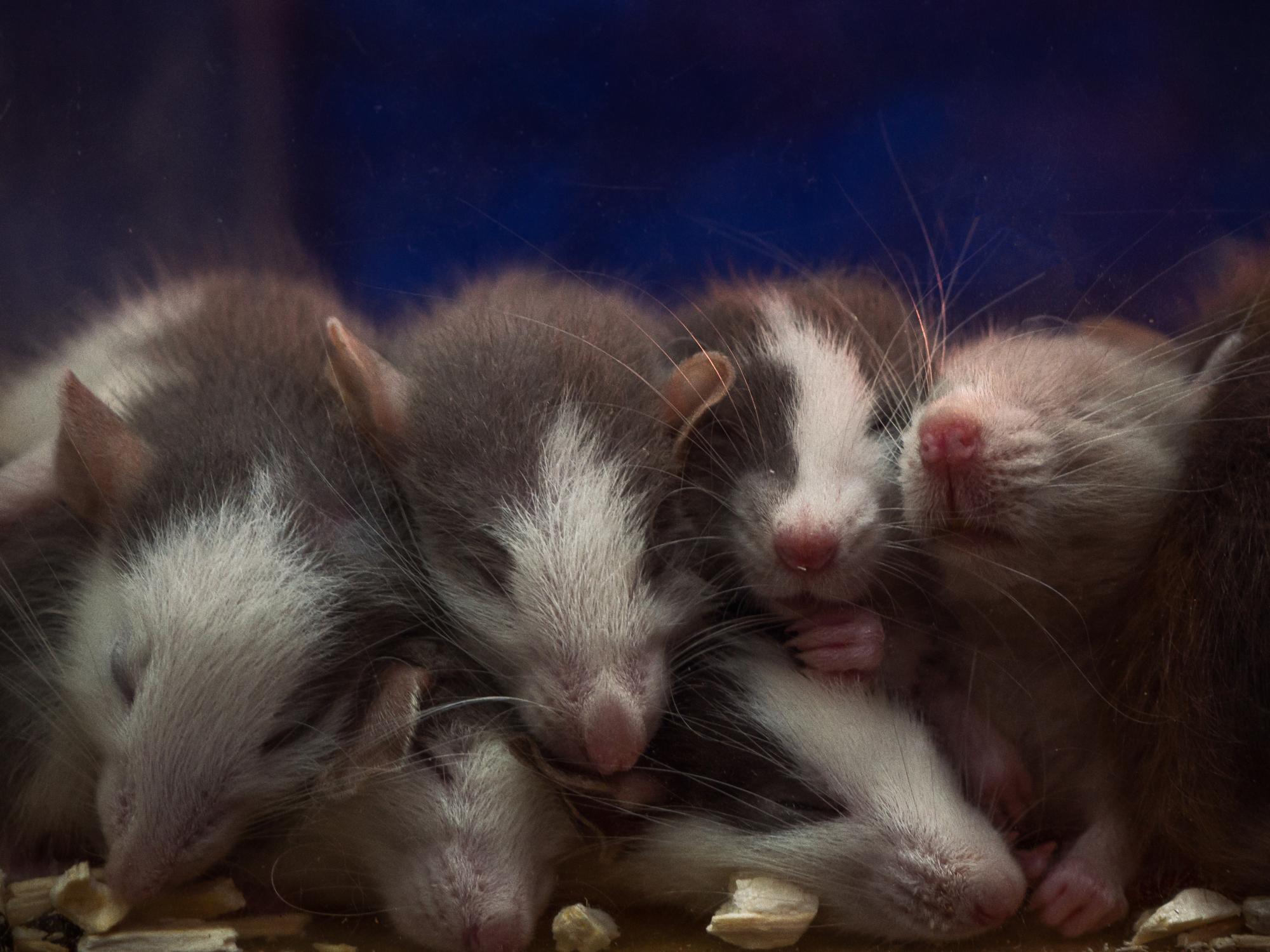The Independent's journalism is supported by our readers. When you purchase through links on our site, we may earn commission.
Baby mouse tears could be used to create ‘natural pest control’, scientists say
Study shows pheromones could be used to prevent rodents breeding in unwanted places

Your support helps us to tell the story
From reproductive rights to climate change to Big Tech, The Independent is on the ground when the story is developing. Whether it's investigating the financials of Elon Musk's pro-Trump PAC or producing our latest documentary, 'The A Word', which shines a light on the American women fighting for reproductive rights, we know how important it is to parse out the facts from the messaging.
At such a critical moment in US history, we need reporters on the ground. Your donation allows us to keep sending journalists to speak to both sides of the story.
The Independent is trusted by Americans across the entire political spectrum. And unlike many other quality news outlets, we choose not to lock Americans out of our reporting and analysis with paywalls. We believe quality journalism should be available to everyone, paid for by those who can afford it.
Your support makes all the difference.The tears of baby mice make females less interested in sex, meaning they could be used as an unlikely form of pest control.
A Japanese study revealed that pheromones produced by young mice override sex-stimulating chemicals produced by amorous males.
This makes the males less appealing to females, and could therefore be used to lower birth rates.
Only mice aged one to three weeks produce the substance, called ESP22, which ends up spread liberally around their territory.
Its effects may benefit the young mice by stopping their mothers producing more offspring, leaving more food and attention for them.
The scientists think this natural birth control, which seemed to affect all females whether or not they were mothers themselves, could be an effective way of stopping mice spreading.
“It is unlikely that other animals would be affected because pheromones are so species specific,” said Professor Kazushige Touhara from the University of Tokyo, who led the project.
“The sex-rejecting behaviour is an innate instinct, so it’s also unlikely that the mice will learn to change their behaviour.”
A similar pheromone called ESP1 is produced by male mice to encourage sex, and the scientists found that ESP22 signals essentially replace these signals in the females’ brains.
Their findings were published in the journal Nature Communications, and besides providing an insight into the mouse brain chemistry the scientists now hope it will help them pursue practical applications.
“ESP22 is difficult to artificially synthesise, so we want to find a smaller portion of the pheromone molecule that could be added to mouse drinking water,” said Professor Touhara.
“This could prevent mice breeding in areas where they are pests.”
The scientists noted that due to pheromones being highly species specific, direct connections between human and mouse behaviour could not be made in this case.
Join our commenting forum
Join thought-provoking conversations, follow other Independent readers and see their replies
Comments